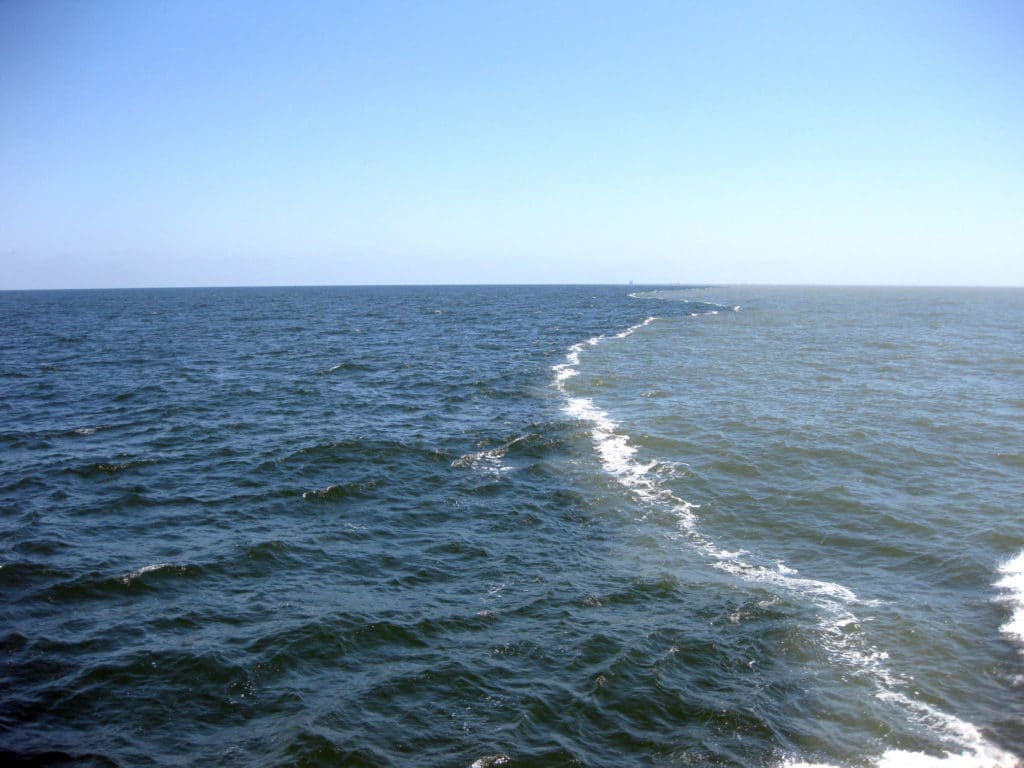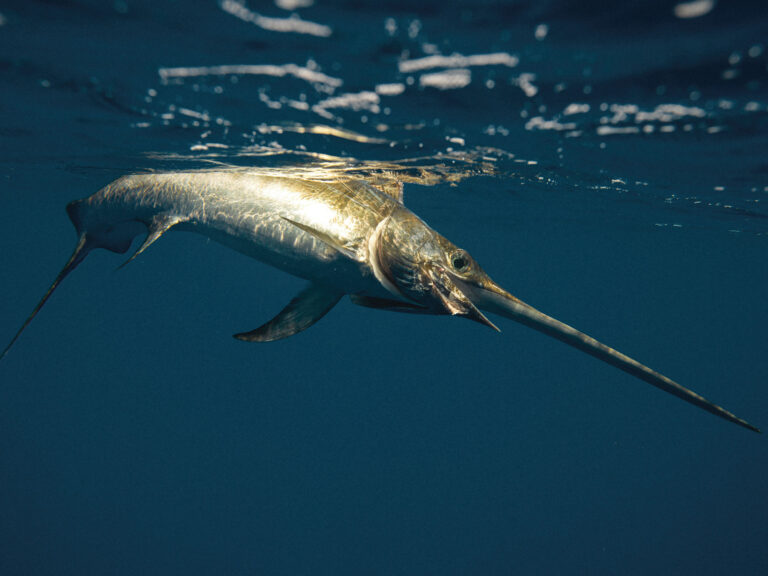
plume blog shellfish
A new study led by University of Georgia researchers indicates acidification in the Gulf of Mexico is compromising the ability of oysters and shellfish to grow and maintain their shells.
The study further determined that determined that fertilizer runoff carried by the Mississippi River to the northern Gulf of Mexico along with atmospheric carbon dioxide from burning fossil fuels in causing the increase in the acidity.
“Before, scientists only worried about low oxygen in waters along the coast,” said Wei-Jun Cai, a professor of marine sciences in the UGA Franklin College of Arts and Sciences. “Our paper basically says not only do we need to worry about low oxygen, we also need to worry about acidification.”
When plumes of river water rich with nutrients from fertilizer run into coastal waters, phytoplankton thrives. When these algae die, they sink to the sea floor and decompose, releasing carbon dioxide and decreasing the amount of oxygen in the water. The dissolved carbon dioxide reacts with water, forming an acid.
Ocean acidity also increases when excess carbon dioxide released by burning fossil fuels is absorbed from the air at the ocean’s surface. The combination of these two sources of carbon dioxide decreases the ocean’s ability to neutralize acid, increasing acidity beyond what would be expected from the sum of the individual processes.
As the water becomes more acidic, sea creatures that form carbonate shells or skeletons—from single-celled amoebae to oysters to corals—are less able to produce and maintain these structures. If the acidity of coastal waters continues to increase, Cai and his co-workers predict that by the end of the century these creatures won’t be able to form shells unless the acidity curve is reversed.
Cai and his colleagues recommend that farmers better manage fertilizer use and societies limit fossil fuel use as a long-term solution.
The study will be published in the November 2011 issue of Nature Geoscience. For more information go to marsci.uga.edu/









